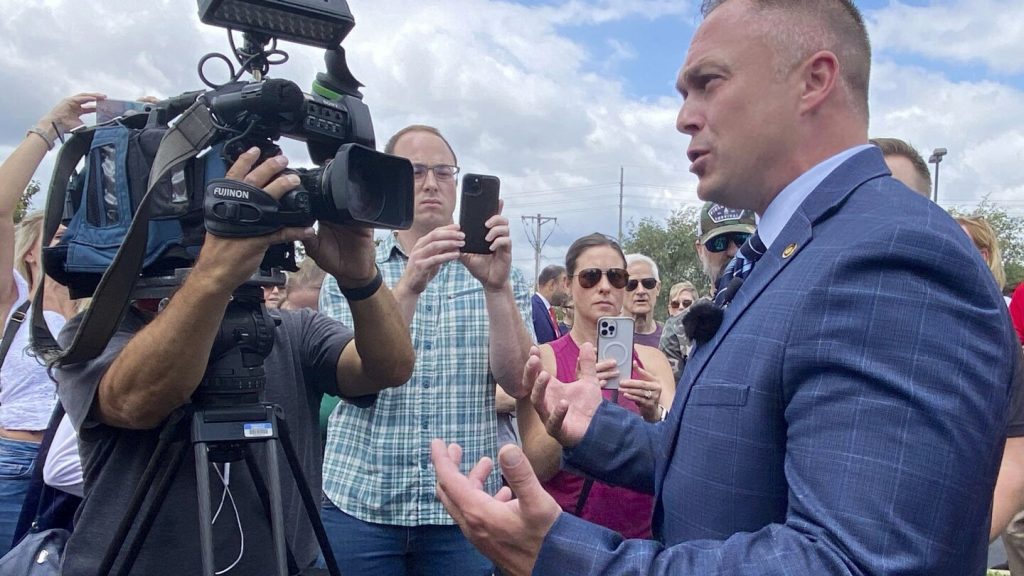Missouri residents are now required to provide proof of gender-affirmation surgery or a court order to update their gender on driver’s licenses, a change from the previous policy that only required doctor approval. The Revenue Department did not comment on what prompted the change but stated that customers must provide documentation of gender reassignment surgery or a court order to obtain a license with a gender designation different from their biological gender assigned at birth. LGBTQ+ rights advocacy group PROMO criticized the policy shift, calling for an explanation from Director Wayne Wallingford on the sudden change.
The previous policy on gender identifications was adopted in 2016 with input from transgender leaders in the state, but some Republican state lawmakers raised questions following protests over a transgender woman’s use of women’s changing rooms at a gym. Representative Justin Sparks expressed disbelief at the possibility of changing gender on identification forms and stated that the Department of Revenue assured him of an immediate policy change. It is unclear if Missouri’s new policy would have prevented the former gym member from accessing women’s locker rooms, as she had already undergone gender-affirming surgeries. Life Time gym revoked her membership citing safety concerns.
Missouri does not have laws specifically dictating transgender people’s bathroom use, but the state is among those that have adopted laws restricting or banning gender-affirming medical care for minors. LGBTQ+ advocates have criticized Missouri for erasing the rights of transgender, gender expansive, and nonbinary individuals. The issue of gender identification and access to facilities continues to be a point of contention, with different perspectives on how to address the needs and rights of transgender individuals. The policy change in Missouri reflects a shift in requirements for updating gender on official identification documents, highlighting ongoing debates around gender and identity.
The Revenue Department’s decision to require proof of gender-affirmation surgery or a court order for updating gender on driver’s licenses has sparked criticism from advocacy groups and raised concerns about the rights of transgender individuals in Missouri. The move comes after protests and debates over the use of facilities by transgender individuals, with some lawmakers questioning the previous policy on gender identifications. The intersection of gender identity, medical procedures, and legal documentation continues to be a complex and sensitive issue in the ongoing discussions around transgender rights. Advocates are calling for transparency and accountability from state officials in explaining the reasons behind the policy shift and addressing the concerns of the LGBTQ+ community.
The controversy surrounding Missouri’s new policy on updating gender on driver’s licenses highlights the challenges and debates around transgender rights and access to facilities. Advocacy groups are pushing for greater understanding and acceptance of transgender individuals, emphasizing the importance of respecting and affirming their identities. The decision to require proof of gender-affirmation surgery or a court order raises questions about the barriers faced by transgender individuals in obtaining accurate identification documents and accessing essential services. As the state grapples with the policy change, there is a growing need for dialogue and education on transgender issues to promote inclusivity and equality for all individuals, regardless of their gender identity.
The changing landscape of transgender rights and policies in Missouri reflects broader shifts in societal attitudes towards gender identity and expression. The requirement for proof of gender-affirmation surgery or a court order to update gender on driver’s licenses signals a changing approach to official documentation and recognition of transgender individuals. Advocates are calling for measures to ensure the rights and dignity of transgender Missourians are protected, including access to accurate identification and affirming facilities. The debate over transgender rights and access to services continues to evolve, with ongoing discussions and debates shaping the future of policies and practices in Missouri and beyond.


